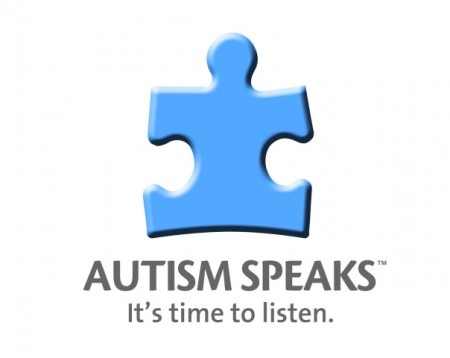The following correspondence originally took place on my Facebook wall, upon my post, “Asperger’s Syndrome to Be Phased Out of DSM-V and Folded Into ‘Autism Spectrum Disorder’“…

The drawings of Daniel Tammet, above, who wrote the 2007 book “Born on a Blue Day,” about living with autism, show how he visualizes some numbers
Rayn: A Powerful Identity, A Vanishing Diagnosis:
http://www.nytimes.com/2009/11/03/health/03asperger.html
According to this article, “though [Asperger’s syndrome] became an official part of the medical lexicon only in 1994, the experts who are revising psychiatry’s diagnostic manual have proposed to eliminate it from the new edition, due out in 2012. If these experts have their way, Asperger’s syndrome (AS) and another mild form of autism, pervasive developmental disorder not otherwise specified (P.D.D.-N.O.S.), will be folded into a single broad diagnosis, autism spectrum disorder — a category that encompasses autism’s entire range, or spectrum,” from mild to severe.
While the diagnostic manual’s task force claims that “the proposed changes to the autism category are part of a bigger overhaul that will largely replace the old ‘you have it or you don’t’ model of mental illness with a more modern view — that psychiatric disorders should be seen as a continuum, with many degrees of severity,” the article reveals the fact that “some experts worry that the loss of the label will inhibit mildly affected people from being assessed for autism. ‘The general public has either a neutral or fairly positive view of the term Asperger’s syndrome,’ said Tony Attwood, a psychologist based in Australia who wrote ‘The Complete Guide to Asperger’s Syndrome’ (Jessica Kingsley Publishers, 2006). But if people are told they should be evaluated for autism, he went on, ‘they will say: ‘No, no, no. I can talk. I have a friend. What a ridiculous suggestion!’ So we will miss the opportunity to assess people.”
I believe that this article, and these experts, are overlooking the fact that Asperger’s syndrome is, in fact, a neurological syndrome, and, therefore, never should have been added to the Diagnostic Statistical Manual for Mental *disorders* (DSM-IV) in the first place! In reality, what professionals call “Asperger’s syndrome” is just a group of signs, symptoms and traits that occur together in a single individual, forming an identifiable pattern, and characterizing a particular condition. It is simply a way of classifying a specific type of neurological difference that is evidently present in a small minority of individuals, using the standards of a predominantly “neurotypical” society. In other words, Asperger’s syndrome is simply a label for a less-common, yet functional, form of neurodiversity, located far-from-center on the spectrum. In and of itself, it is not a disability, nor a disorder. Therefore, Asperger’s syndrome doesn’t require a “cure.” The differences defined by this condition do not really disturb an individual’s “regular” and “normal” functions; instead, they redefine what “regular” and “normal” functions are! This is the essence of Neurodiversity, which I embrace, wholeheartedly, as an Individual on the Autistic Spectrum!
Don’t get me wrong. While Asperger’s syndrome is not a disorder, the majority of Aspergians are, in fact, suffering. So very many of us struggle daily with social anxiety disorder, panic attack disorder, clinical depression, avoidant personality disorder, and/or schizotypal personality disorder, all of which are REAL illnesses! Anyone dealing with such debilitation should have full access to psychological assistance, as they would greatly benefit from treatment!
Angie G.: Aide and Abet. Preach it.
Rayn: No doubt! If you’re interested in learning more about the PSEUDO-SCIENCE known as “PSYCHIATRIC MEDICINE,” check out the wealth of knowledge compiled by the “Citizens Commission on Human Rights” at http://www.cchr.org
For a free DVD copy of their VERY INFORMATIVE documentary, “Making A Killing,” go to: http://www.cchr.org/freedvd/orderform.html
I got my copy in the mail just a few weeks after I ordered it!










